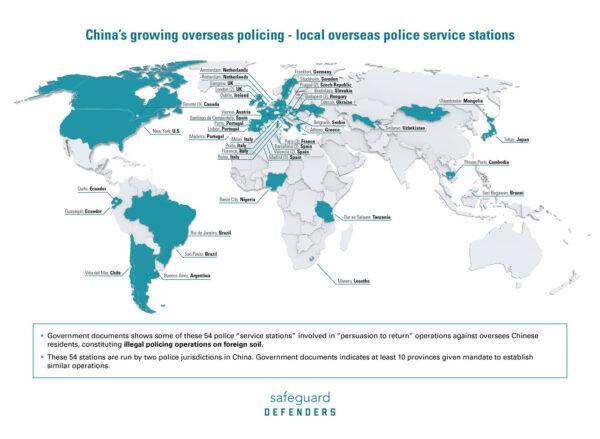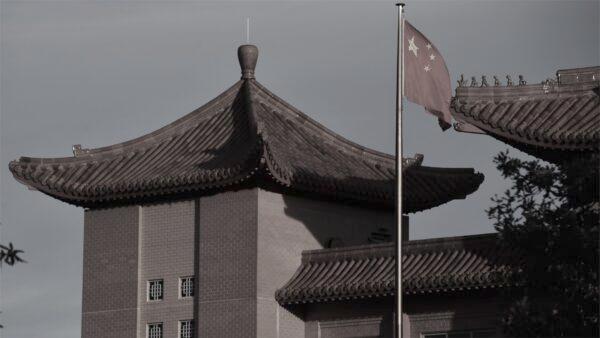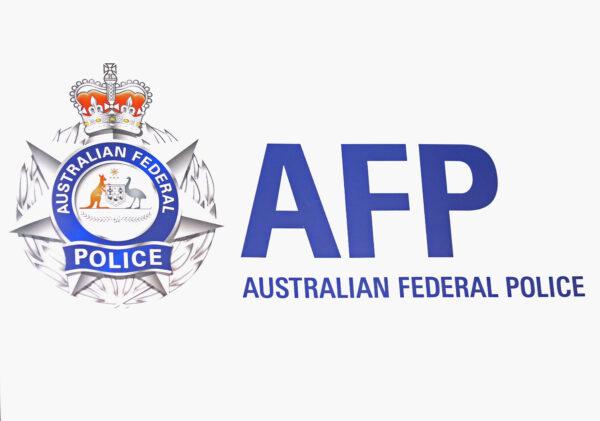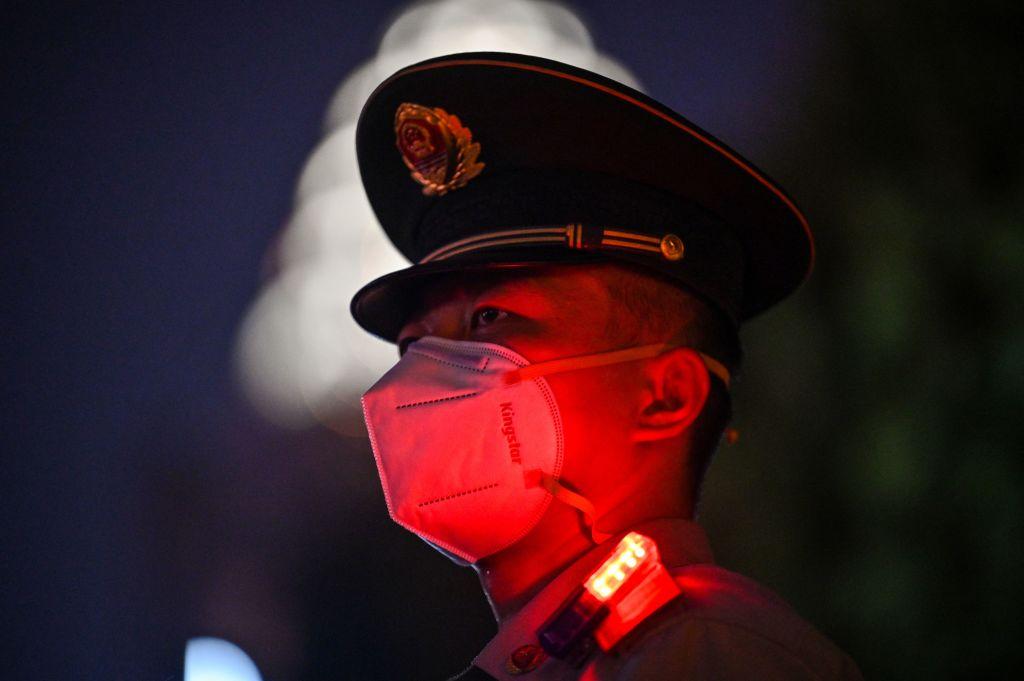Chinese officials have been operating an overseas police station in Sydney since 2018, the Australian media has reported.
While the move was hailed at an official ceremony in Wenzhou in 2019, it received little coverage by international media at the time.
The Wenzhou police’s official WeChat account referred those seeking the Sydney facility’s contact point to the Australia Wenzhou Chamber of Industry, while a spokesperson for the Chamber told ABC that the contact point was closed and hadn’t been operational for some time.
Chinese Police Stations Worldwide: Report
The disclosure of the Sydney contact point follows a recent report revealing that the CCP has set up such police stations all around the world for transnational repression.These stations are also called 110 Overseas stations, named after China’s police emergency services phone number.

The report, which identified 54 Chinese overseas police stations in 30 countries, noted that the outposts are all under the jurisdiction of two local-level police services in China—the Fuzhou Public Security Bureau in Fuzhou City, Fujian Province, and the Qingtian County police in Zhejiang Province.
However, the total number of such outposts is unclear.
‘More Sinister Goal’
While these stations serve administrative purposes on the surface, such as extending China’s driving licenses and processing official documents, they have a “more sinister goal, as they contribute to ‘resolutely cracking down on all kinds of illegal and criminal activities involving overseas Chinese,’” the Safeguard Defenders report said.Some stations have already been “implicated in collaborating with Chinese police in carrying out policing operations on foreign soil,” the report noted.
From April 2021 to July 2022, an estimated 230,000 overseas Chinese nationals have been “persuaded to return” to the country to face criminal charges, according to a Chinese state media report.
Such “persuasion to return” involves harassment and intimidation of the target’s relatives in China, Safeguard Defenders noted. When the target refuses to comply, their families could face punishment, such as their children being denied education.
“These methods allow the CCP and their security organs to circumvent normal bilateral mechanisms of police and judicial cooperation, thereby severely undermining the international rule of law and territorial integrity of the third countries involved,” the report states.

“It leaves legal Chinese residents abroad fully exposed to extra-legal targeting by the Chinese police, with little to none of the protection theoretically ensured under both national and international law.”
The station ought to be reviewed as “a matter of urgency and investigations initiated into the illegal practices taking place on Australian soil,” said Laura Harth, campaign director of Safeguard Defenders.
“The existence of such an undisclosed agreement is an integral part of the CCP’s ongoing campaign to instill further fear in the overseas Chinese community and may severely impact their ability to enjoy the fundamental freedoms guaranteed under Australia’s legal framework,” she told The Epoch Times.
Responses From Governments
The Safeguard Defenders report has sparked widespread concern around the world.“This Chinese Communist Party is not just a mortal threat to us, it is a horrific, indeed mortal threat to its own people,” he said.
Not Something New: China Experts
However, the existence of a CCP police station in Sydney isn’t a surprise to some China experts.“It is not really ‘news’ that the Chinese authorities operate an overseas police presence in Australia and around the world,” Lin Bin, a political scientist, told The Epoch Times. “In every Chinese embassy or consulate, military attaches are part of its staff. Ostensibly, the military attaches work as security guards to keep an eye on the security of the embassy or consulate.
“However, they may not tell you that they have some other duties. They may try to collect information about the military of other countries.”

Lin said that the Australian government hasn’t done enough to deal with such foreign interference.
“It should employ more staff to keep the safety of all people living in Australia,” he said.
Dr. Chin Jin, Australia-based chair of the Federation for a Democratic China, told The Epoch Times: “The CCP’s long-armed jurisdiction takes place under the noses of Western countries, which is the result of the West opening the door to invite thieves for a long time.
“The West’s cognitive ability and level of awareness of the CCP is so low that it is numb to its long-arm jurisdiction and unknowingly acquiesces to the infringement of its sovereignty. Beijing is the world’s largest criminal group and organization, but most Western countries do not realize this.”
However, he believes that as soon as Australia wakes up, Beijing’s extra police presence will disappear “like a monster in the dark in broad daylight.”
AFP Agreements With Beijing Under Scrutiny
The Australian Federal Police (AFP) has signed several agreements with China’s state police agency, the Ministry of Public Security, to combat transnational crime and cooperate in a range of areas.Kevin Carrico, a senior lecturer in Chinese Studies at Monash University, said this is an area where he would advise caution.
“There’s nothing that the AFP can do to change the fact that, unfortunately, police in China are basically just tools of the party,” Carrico told The Epoch Times.
“But while understanding that a degree of cooperation may be necessary, I think that there does need to be real discussion and reflection on the nature of these agreements.
“This needs to be done transparently and needs to be done in a way that serves Australia’s interests rather than just serving the interests of oppressive dictatorship, but far too often, these types of agreements with China are mired in secrecy.”
“There needs to be open and public discussion of all agreements and all types of collaborations, especially when we take into consideration the genuine crimes against humanity that the Chinese state and its public security organs are currently engaged in,” he said.

The Epoch Times reached out to the Department of Home Affairs and was told that it wasn’t a matter for Home Affairs and was referred to the AFP.
“The AFP has no comment,” a spokesperson told The Epoch Times about the Chinese police presence in Australia.
Officials at the Australian Security Intelligence Organisation didn’t respond by press time to a request by The Epoch Times for comment.
“The Australian Government should respond with decisiveness and determination,” Carrico said.
“The only response that the Australian Government can plausibly have that would both defend the country’s sovereignty and defend us citizens and residents’ rights would be to ensure that the station is closed, to ensure that anyone associated with it is either convicted or tried for crimes associated with this extra-legal institution, whether we’re talking about espionage or harassment.
“There needs to be a very thorough investigation into this situation to see what other forms of intimidation and export of controls exist in Australia.”




